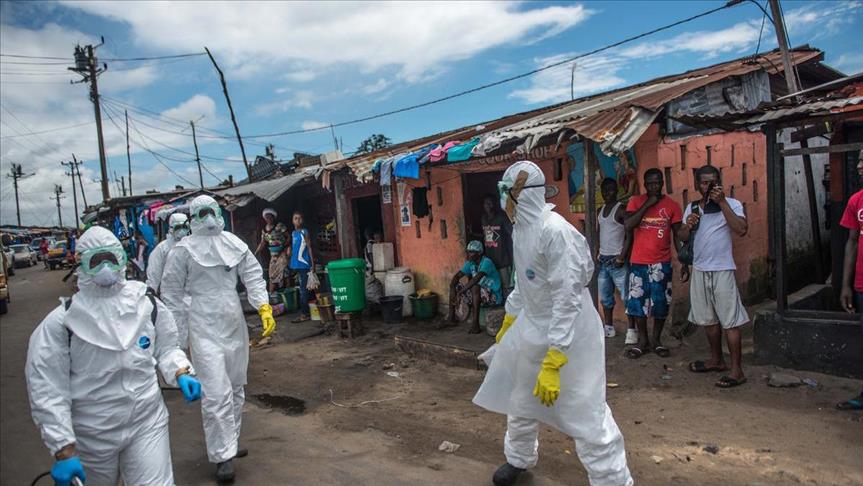As the spectre of a Meningitis outbreak looms, medical professionals emphasise the critical role of preventive measures for Nigerians in averting the spread of cerebrospinal meningitis in 2024.
Dr. Adebayo Onajole, an epidemiologist and Professor of Public Health at the Lagos University Teaching Hospital, Idi-Araba, urged the populace to prioritise hygiene, ensure access to clean water, and avail themselves of vaccinations to shield against potential outbreaks of CM. He cautioned that failure to consistently adhere to preventive measures might lead to an upsurge in cases, especially in the disease’s hotspots.
Highlighting the severity of Meningitis, the World Health Organisation (WHO) described it as a grave infection affecting the meninges, the protective membranes enveloping the brain and spinal cord. While acknowledging the disease as a significant public health challenge, WHO emphasised the efficacy of vaccines in preventing meningococcal disease.

The experts underscored that seasonal outbreaks are prevalent during hot, dry, and windy weather conditions. The success of curtailing the outbreak and its spread, they noted, hinges on the effective utilisation of available preventive and protective measures.
Climate change and temperature were identified as potential factors influencing the transmission and spread of the infection in the coming year, adding complexity to the challenge.
Referencing WHO’s report on meningitis in Nigeria, statistics from October 1, 2022, to April 16, 2023, revealed 1686 suspected cases, 532 confirmed cases, and 124 deaths (CFR: 7%) across 81 local government areas in 22 states and the Federal Capital Territory.
Males accounted for 57 percent of total suspected cases, with the highest proportion among children aged one to 15 years. Notably, Jigawa State reported 74 percent of all suspected cases, bordering the Zinder region in Niger, where a meningitis outbreak has been ongoing since October 2022.
WHO’s detailed breakdown indicated that Neisseria meningitidis serogroup C caused 91% of positive cases, Streptococcus pneumoniae caused 5.4%, and Haemophilus influenzae caused 0.4%.
Dr. Onajole stressed the importance of addressing multiple factors contributing to meningitis, including immunisation advocacy and heightened awareness. He urged the populace to take advantage of available vaccines, emphasising the inclusion of children in the national vaccination programme.
Dr. Rotimi Adesanya, a public health physician and medical director at the Federal College of Education, Akoka Medical Centre, Lagos, highlighted the need for robust surveillance, good hygiene practices, increased funding for national immunisation programmes, and the optimisation of primary health centres to protect against the potential spread of CM.


